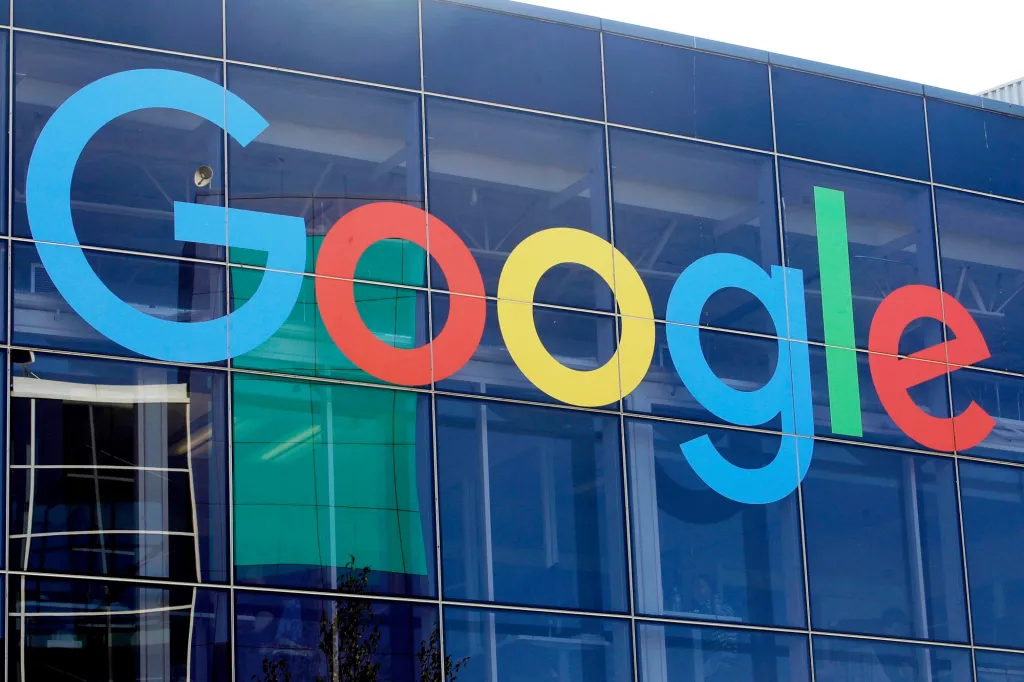
To place an obituary, please include the information from the obituary checklist below in an email to obits@pioneerpress.com. There is no option to place them through our website. Feel free to contact our obituary desk at 651-228-5263 with any questions.
General Information:
Your full name,
Address (City, State, Zip Code),
Phone number,
And an alternate phone number (if any)
Obituary Specification:
Name of Deceased,
Obituary Text,
A photo in a JPEG or PDF file is preferable, TIF and other files are accepted, we will contact you if there are any issues with the photo.
Ad Run dates
There is a discount for running more than one day, but this must be scheduled on the first run date to apply.
If a photo is used, it must be used for both days for the discount to apply, contact us for more information.
Policies:
Verification of Death:
In order to publish obituaries a name and phone number of funeral home/cremation society is required. We must contact the funeral home/cremation society handling the arrangements during their business hours to verify the death. If the body of the deceased has been donated to the University of Minnesota Anatomy Bequest Program, or a similar program, their phone number is required for verification.
Please allow enough time to contact them especially during their limited weekend hours.
A death certificate is also acceptable for this purpose but only one of these two options are necessary.
Guestbook and Outside Websites:
We are not allowed to reference other media sources with a guestbook or an obituary placed elsewhere when placing an obituary in print and online. We may place a website for a funeral home or a family email for contact instead; contact us with any questions regarding this matter.
Obituary Process:
Once your submission is completed, we will fax or email a proof for review prior to publication in the newspaper. This proof includes price and days the notice is scheduled to appear.
Please review the proof carefully. We must be notified of errors or changes before the notice appears in the Pioneer Press based on each day’s deadlines.
After publication, we will not be responsible for errors that may occur after final proofing.
Online:
Changes to an online obituary can be handled through the obituary desk. Call us with further questions.
Payment Procedure:
Pre-payment is required for all obituary notices prior to publication by the deadline specified below in our deadline schedule. Please call 651-228-5263 with your payment information after you have received the proof and approved its contents.
Credit Card: Payment accepted by phone only due to PCI (Payment Card Industry) regulations
EFT: Check by phone. Please provide your routing number and account number.
Cash: Accepted at our FRONT COUNTER Monday – Friday from 8:00AM – 3:30PM
Rates:
The minimum charge is $162 for the first 10 lines.
Every line after the first 10 is $12.20.
If the ad is under 10 lines it will be charged the minimum rate of $162.
On a second run date, the lines are $8.20 per line, starting w/ the first line.
For example: if first run date was 20 lines the cost would be $164.
Each photo published is $125 per day.
For example: 2 photos in the paper on 2 days would be 4 photo charges at $500.
Deadlines:
Please follow deadline times to ensure your obituary is published on the day requested.
Hours
Deadline (no exceptions)
Ad
Photos
MEMORIAM (NON-OBITUARY) REQUEST
Unlike an obituary, Memoriam submissions are remembrances of a loved one who has passed. The rates for a memoriam differ from obituaries.
Please call or email us for more memoriam information
Please call 651-228-5280 for more information.
HOURS: Monday – Friday 8:00AM – 5:00PM (CLOSED WEEKENDS and HOLIDAYS)
Please submit your memoriam ad to memoriams@pioneerpress.com or call 651-228-5280.
In recent weeks, Americans have grown increasingly anxious over mounting threats to free expression. New revelations about government influence during COVID show this is not new.
Google and YouTube’s parent company, Alphabet, disclosed on Sept. 23 that the Biden administration pressured the company to suppress content that went against the accepted narrative during the pandemic — even when it didn’t violate company policy.
The federal government interfered with how the nation’s dominant search engine and its most widely used online video platform moderated speech.
Alphabet admitted Biden officials leaned on the company to remove posts questioning pandemic policy — even when they didn’t break its rules. In a letter to the House Committee on the Judiciary, Alphabet’s attorneys wrote: “While the Company continued to develop and enforce its policies independently, Biden Administration officials continued to press the Company to remove non-violative user-generated content.”
This comes after Meta CEO Mark Zuckerberg shared much the same story last year.
In a letter to the House Judiciary Committee on Aug. 26, 2024, Zuckerberg said senior Biden administration officials “pressured” Meta during the pandemic to remove or demote some COVID-19 posts, including humor and satire, called that pressure “wrong,” and said Meta took actions it “shouldn’t have.”
COVID was chaotic, and officials were trying to keep people safe. But that doesn’t excuse overreach.
Government pressure on media and speech isn’t unique to the digital age, and administrations from both parties have tried to influence how Americans receive information. What’s new is the scale and speed of influence when the government leans on online platforms used by billions.
Free speech must be defended consistently, no matter which party is in power. Today’s majority will someday be the minority — and when the government leans on companies to silence dissent, everyone eventually loses.
Indeed, the Biden administration’s actions have emboldened retaliatory efforts from the Trump administration. This is a terrifying precedent for American politics that needs to stop.
When lawful content is suppressed under government pressure, it doesn’t eliminate misinformation — it fuels distrust. Many Americans who suspected authorities were hiding uncomfortable truths during COVID feel vindicated by these disclosures, and that erosion of trust makes it harder to govern in future crises. Especially because some of the ideas flagged as “misinformation” later proved credible: the lab-leak theory is now considered plausible by intelligence agencies, and studies confirmed natural immunity offered real protection.
Ironically, removing lawful posts may have worsened public health outcomes. By driving skepticism underground rather than confronting it openly, officials created fertile ground for conspiracy theories that then were harder to debunk.
If Americans want to protect free expression, we must demand consistency from leaders of both parties. No U.S. government has the right to dictate what lawful ideas can be expressed by the people.
— The Chicago Tribune



